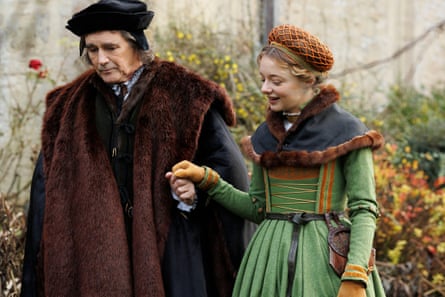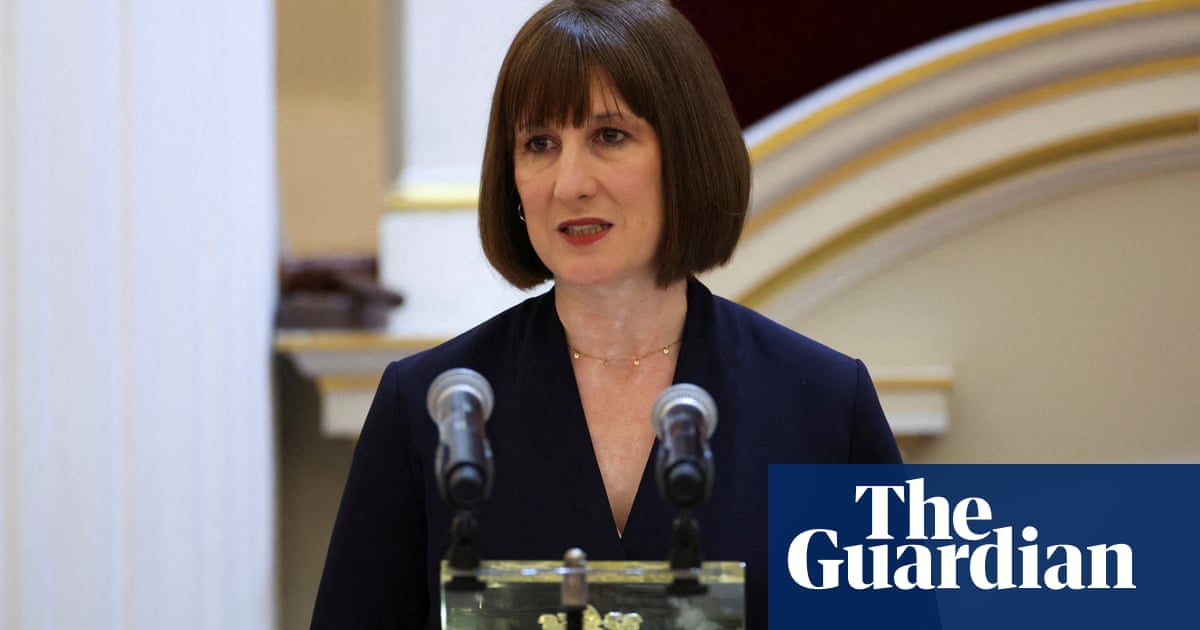The BBC’s three top earners this year will never be repeated. They are: Gary Lineker (who will step down from Match of the Day at the end of the 2024-25 season), Zoe Ball (resigned from Radio 2 breakfast show), Huw Edwards (convicted of accessing indecent images of children). It is a striking degree of churn for their biggest names.
But four more of their highest-paid employees will also be absent next year: Mishal Husain (resigned to go to Bloomberg TV), Kirsty Wark and Martha Kearney (semi-retired) and Steve Wright (who died in February). There is also significant doubt about whether three of the likely recipients of the biggest pay cheques from BBC Studios (which, by claiming independent commercial status, does not have to make public pay disclosures) will be issued again: Jermaine Jenas had his contracts for Match of the Day and The One Show terminated in August after allegations of workplace misconduct. Gregg Wallace left In the Factory after similar concerns were raised, while he remains under investigation for issues arising at MasterChef, from which he has stepped away (with Grace Dent to replace him on the next series). Jay Blades (The Repair Shop) is scheduled, next May, to defend charges of coercive or controlling behaviour against a former partner.
Depending on the outcome of those cases, the BBC faces starting 2025 with many of its most-invested-in faces and voices absent from the schedules.
This flight of talent is symbolic of a horrific year for Britain’s oldest broadcaster. Some presentational reshuffling is inevitable and even refreshing. The BBC could not reasonably have known about the crimes and alleged crimes that brought Edwards and Blades to court, although it could be held responsible for the reported conduct at work of Jenas and Wallace. And managers can be squarely blamed for the catastrophic loss of the best presenter and most effective political interviewer on Radio 4’s Today programme – as well as one of its most accomplished TV hosts: Husain’s departure completes a disastrous year for talent management. The delayed post-Lineker succession announcement – his Match of the Day duties seem likely to be shared between Gabby Logan, Kelly Cates and Mark Chapman – was also less smooth than corporate communications best practice.
This year has also been problematic for BBC programming. With 13 shows in the Guardian’s top 50, the corporation is still the single biggest content provider, but, like a frontrunner in the Grand National, is surrounded by a pack of hot-breathed challengers – lavishly funded thoroughbreds from the streamer stable, led by Disney+/Hulu, Netflix, HBO Max and Apple TV+.

This clearly illustrates the heft of the new television. The BBC can sometimes compete creatively (Wolf Hall, The Responder) but never financially. Another worry for it is that two of this year’s hits from overseas – Disney+’s Rivals and FX’s Say Nothing – were British stories: a Jilly Cooper adaptation and a show about the Troubles in Northern Ireland, warning of the ability of streamers to make dramas for export that look homegrown to viewers in the locality depicted.
Another concern for the BBC is that many of its strongest shows have reached a natural end: there can be no more Wolf Hall, the creators have shut the door on Inside No 9, and The Responder feels complete after two series. Only The Traitors and David Mitchell’s Ludwig suggest the organic longevity of, say, Slow Horses on Apple TV+ or Netflix’s The Diplomat. Credit should also be given to executives for stabilising Strictly Come Dancing which – after its own professional misconduct allegations – looked potentially doomed earlier this year. However, comedian Chris McCausland, the first blind contestant, has proved one of the most adept and admirable participants in the 22 series.
In earlier decades, the election of a Labour government would have been ideal for the BBC. Conservative administrations have tended to target the state broadcaster for structural and funding reform. Just in case the Tories won again, the BBC had employed its usual tactic, ahead of charter reviews, of getting prestige, Westminster-pleasing material on screen as the process begins: Wolf Hall, plus two beloved long-absent double-acts – Wallace & Gromit and Gavin & Stacey – in the Christmas schedules.
These MP-treats may be unnecessary given Keir Starmer’s immediate support for the BBC in its current form. This backing, though, may be less good news than it appears. This year’s annual report showed an £80m year-on-year reduction in licence fee income – driven by half a million households failing to renew – and a £253m drop in commercial earnings. (Even Wallace & Gromit is now shared with Netflix.) Alarmingly, this marks a simultaneous drop in traditional and alternative income, with a third ominous factor being a cliff-fall in BBC consumption by younger audiences.

Photograph: Guy Levy/PA
Because statistics suggest licence-fee purchase will continue to drop – hastened by the lack of political will for legally enforced purchase – some senior BBC figures had come to accept the need for another funding system. However, with Starmer and his culture secretary, Lisa Nandy, so far sounding cautious about change to the corporation, next year’s negotiations over the new royal charter (a period that will run from 2027 for a decade), may, for the first time, feature BBC managers urging politicians to be more radical. Anything close to the status quo could doom the BBC to ruin.
after newsletter promotion
Some in politics and broadcasting have floated the idea of a public service broadcasting levy on broadband bills or house prices, but media and social media reaction to tax increases in the first Labour budget suggest that tying the BBC to state revenues could make it even more vulnerable. A stepped subscription system, with a basic free package of news and culture, seems the likeliest post-2027 outcome.
Nandy, though outwardly a friend of the broadcaster, could also threaten it in another way. During the Gregg Wallace episode – in which he has denied allegations of sexual harassment but faces accusations of breaking BBC guidelines – Nandy called for the BBC and other broadcasters to reform working practices, possibly because that is the sort of ministerial intervention that costs nothing but suggests action.
The jeopardy for Broadcasting House is that, after the very different departures of Edwards and Jenas (and possibly also knowing about the trouble coming for Blades), the BBC chair, Samir Shah, and the director general, Tim Davie, commissioned the company Change Associates to investigate the “workplace culture” of the BBC, and report in “spring” next year.
This process would need to be extremely lucky or incurious to identify no further targets for internal discipline and external media scrutiny; possibly, this time, including executives who have previously escaped by putting themselves in charge of supervising punishments. The BBC may soon face further chaos.

.png) 2 weeks ago
11
2 weeks ago
11













































